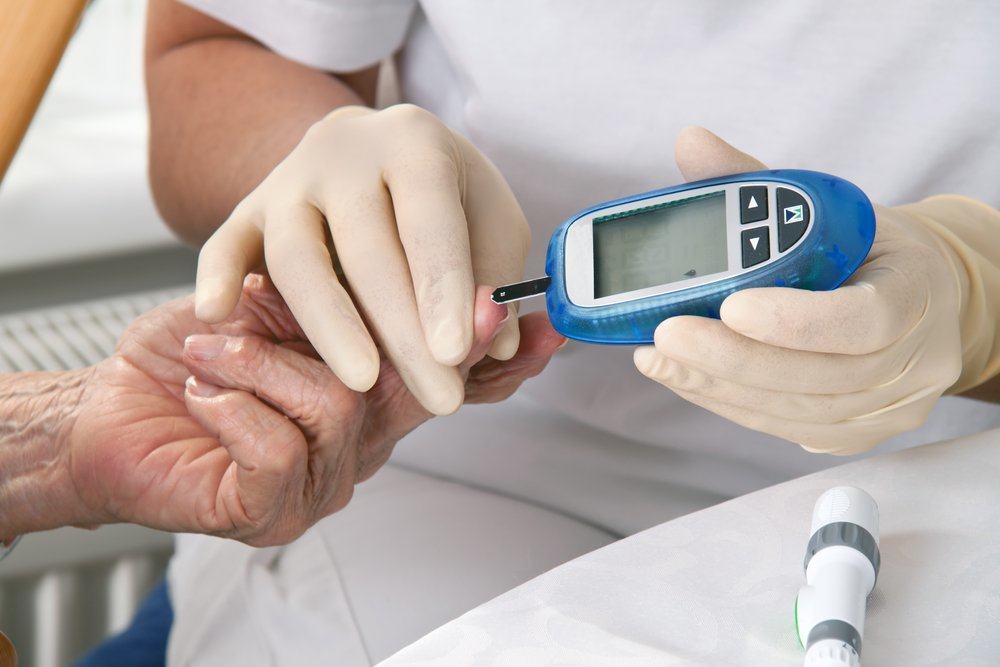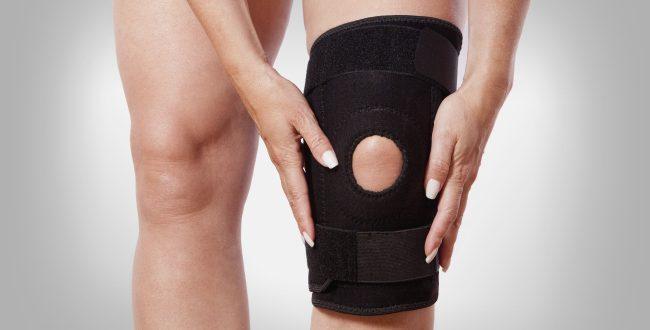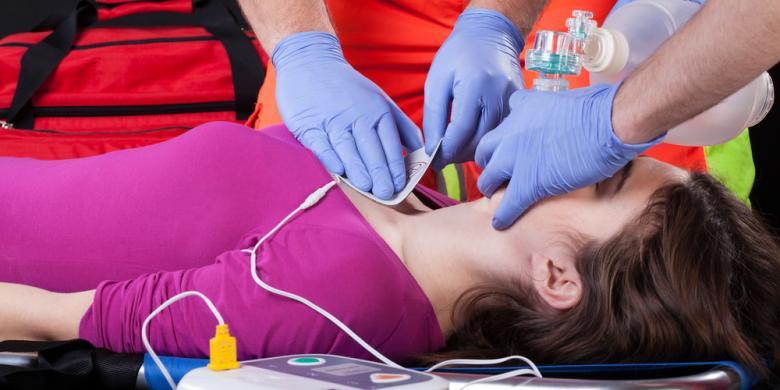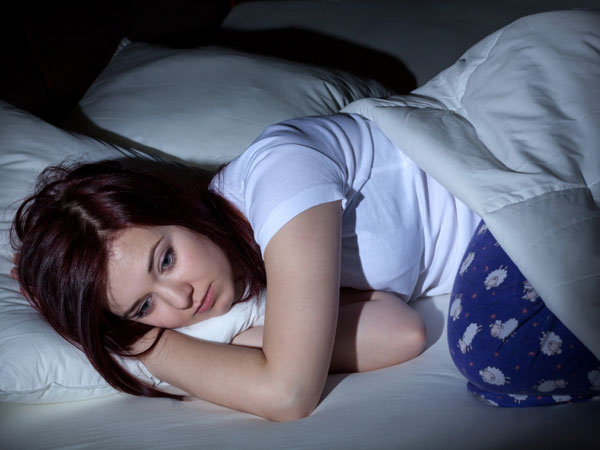Contents:
- Medical Video: How To Test Blood Sugar | How To Use Glucometer | How To Check Blood Glucose | (2018)
- What is a blood sugar test?
- Various types of blood sugar checks
- 1. When blood sugar levels (GDS)
- 2. 2 hour post-prandial blood sugar test (GD2PP)
- 3. Fasting blood sugar test (GDP)
- 4. Oral glucose tolerance test (TTGO)
- 5. Hemoglobin A1c (HbA1c) or glycohemoglobin
- What can affect the results of a blood sugar test?
Medical Video: How To Test Blood Sugar | How To Use Glucometer | How To Check Blood Glucose | (2018)
According to the International Diabetes Federation (IDF), there are 382 million people in the world who suffer from diabetes in 2013. It is estimated that, among the 382 million people, 175 million have not been diagnosed. This makes diabetes in these people can develop into complications unconsciously and without prevention because they do not know it. Therefore, a blood sugar check is needed to find out whether someone has diabetes or not.
What is a blood sugar test?
Blood sugar checks or blood glucose tests are tests that aim to measure the amount of glucose (sugar) in the blood. This examination is mainly done to check type 1 diabetes, type 2 diabetes, and gestational diabetes, where a person's blood sugar levels increase. In some cases, blood sugar checks can also be used to test hypoglycemia, when blood sugar levels are too low.
In people with type 1 diabetes, your doctor may recommend testing blood sugar as much as 4-8 times a day. This test can be done alone at the time before a big meal or a snack, before and after exercise, and before going to bed. Blood sugar checks are also needed when you are sick, when you change your daily routine, or if you are just starting a new treatment.
In type 2 diabetes, blood sugar checks are recommended to be done twice or more a day, depending on the type and amount of insulin you need. You can check blood sugar before eating or before going to bed. If you are a type 2 diabetic who does not need insulin medication, you do not need to test your blood sugar every day.
Various types of blood sugar checks
Usually a blood sugar test is done alone at home with an easy-to-use tool. The blood sugar test referred to in the explanation above (which is done several times a day by diabetics) is a blood sugar test (GDS), which can be done at home anytime. However, more than that, there are still many more tests that can be done to determine blood sugar levels.
1. When blood sugar levels (GDS)
You can do this test anytime and anywhere, so it is usually done by people with diabetes. This test measures blood sugar levels regardless of when you last ate. The GDS test is done randomly in one day because blood glucose levels can change over time in people with diabetes. Unlike healthy people who usually have blood sugar levels that don't change much in one day. If a healthy person is tested for blood sugar when and results show varying results, maybe the person is having problems with his blood sugar.
2. 2 hour post-prandial blood sugar test (GD2PP)
This blood sugar test is done 2 hours after you eat. This test is useful to find out if someone with diabetes is right with their diet. If the results are high, chances are your food that you eat before contains a large amount of sugar or carbohydrates, and vice versa. This test may not be right for diagnosing whether you have diabetes or not.
3. Fasting blood sugar test (GDP)
This blood sugar test is done after you have fasted for 8 hours. Usually you are advised to fast at night and in the morning you do this GDP test. The GDP test is often used as the first test to find out if you have prediabetes or diabetes.
4. Oral glucose tolerance test (TTGO)
This is a series of tests that are done after you drink a sweet liquid containing sugar. This test is usually used to diagnose diabetes that occurs during pregnancy (gestational diabetes). This test can also be done after pregnancy if a woman has high blood sugar levels during pregnancy. TTGO can also be used to diagnose prediabetes or diabetes in healthy people.
5. Hemoglobin A1c (HbA1c) or glycohemoglobin
This test measures how much glucose (sugar) is attached to red blood cells. The HbA1c test is usually done in diabetics to find out how well he can control his illness in the past two to three months. From the results of these tests, the doctor can also determine whether your diabetes medication needs to be replaced. The HbA1c test results can also tell you what your average blood sugar is. The HbA1c test can also be used in healthy people to diagnose whether or not they have diabetes.
What can affect the results of a blood sugar test?
Certain conditions can affect your blood sugar test results, such as anemia, gout, hot or humid conditions, or if you are on a plateau. If the results of your own blood sugar test look unusual, you can calibrate your device or check your test strip. It might also be because the procedure you performed is not right, so it can affect the test results.
Usually people with diabetes will have normal blood sugar levels of 70-130 mg / dl before meals and less than 180 mg / dl after meals. However, this number can be different for each individual and may change throughout the day.
READ ALSO
- What Is the Normal Blood Sugar Level in the Body?
- Diabetes Special Sugar: Can It Really Reduce Blood Sugar?
- Types of drugs that can affect blood sugar levels












